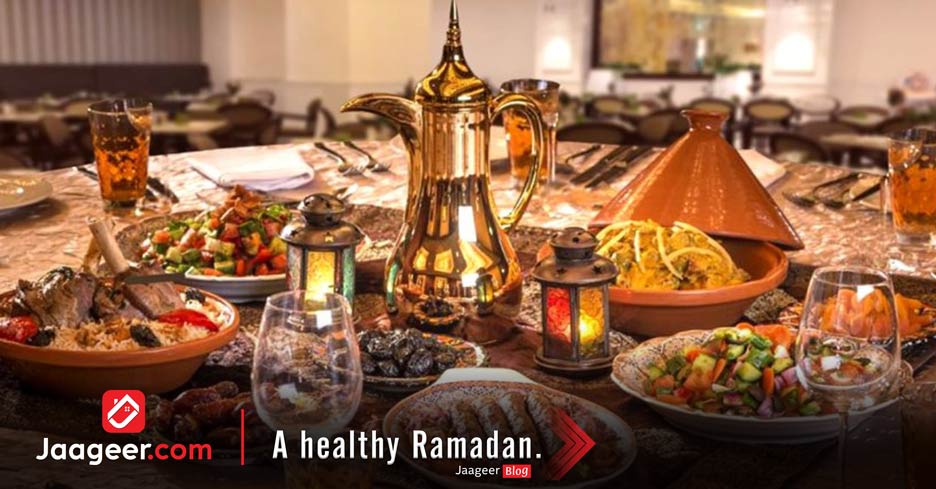Sacred Month:
Ramadan is the most sacred and 9th month of the Islamic calendar. The month of Ramadan is celebrated with great enthusiasm all across the world. It is the month of religious civilization, refinement, devotion, and worship. Muslims all across the world observe fasting in this holy month from dawn to dusk. This sacred month enlightens our life with kindness and patience. It teaches us to perceive the community by reaching those people who are needy and wants financial support.
Purpose of Ramadan:
The month of Ramadan is all about teachings that we have to follow to be a better person inside out. In this month, everyone tries harder to be a better person. We, as the observant or listeners must not discourage someone who is trying harder in this month, do not look down upon him/her as newly converted, make them feel normal, guide them, and be nice to them.The Prophet Muhammad (Peace Be Upon Him) said: "When the month of Ramadan starts, the gates of heaven are opened and the gates of hell are closed and the devils are chained."A night of blessings, one of the superior nights of all- Laylatul Qadar is also observed in this month. It is believed by the Muslims that it is a night when the Holy Quran was revealed on the beloved Prophet(P.B.U.H).
Healthy Ramadan:
A sufficient diet plays a vital role in your life. Eating a balanced diet makes you healthy by building a strong immune system. It also reduces the risk of becoming overweight or obese, getting ill with infectious diseases.
Healthy Tips:
Take special care of these tips in Ramadan. Eat a well-balanced diet in Ramadan. Drink plenty of water and eat hydrating foods at iftar time. Enjoy healthy Ramadan fasting. Stop unhealthy eating habits that negatively affect your health. Evidence infers that fasting can have positive effects on your health, including strengthening the digestive system and enhancing its efficiency, as well as boosting adjust fat and sugar levels in the blood, decreasing blood pressure and cholesterol, and improving heart health. Eating three dates to break your fast is a traditional and healthy way to begin iftar. Dates are an excellent source of fiber.
Pakistan and Ramadan:
In Pakistan, special preparations are made for iftar time. Women start preparing for the Iftar hours in advance and prepare favorite dishes for their children and family members. Roasted meat, chicken rolls, and Shami Kebabs are also served as part of the meal. People also savor chaat dishes like Dahi Bara, Chana Chaat, and Kachori. Desserts include fruit salad and jalebi.
While iftar meals are often a time for celebration, with families and friends coming together to break their fasts, it’s important not to go overboard when eating during Ramadan. Eating a lot of deep-fried, creamy, and sweet foods may cause you to gain weight during Ramadan. Ramadan can be a good time to make modifications to improve the balance of your diet that you can sustain in the longer term.
The changes to eating habits and lack of fluids during the day may cause constipation for some people. When you can eat and drink, consuming plenty of high fiber foods, such as whole grains, high fiber cereals, bran, fruit and vegetables, beans, lentils, dried fruit, and nuts alongside plenty of fluids may help to ease constipation as well as doing some light physical activity, such as going for a walk after iftar.
Jaageer.com








